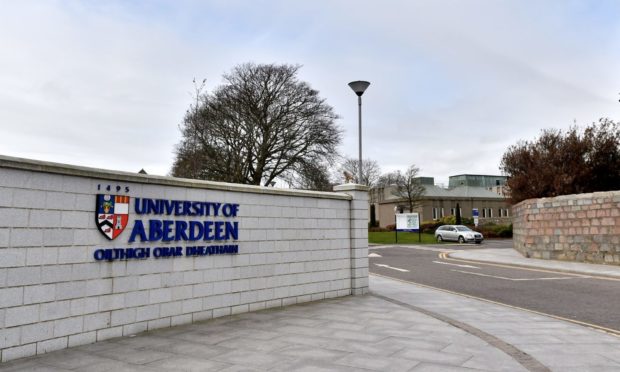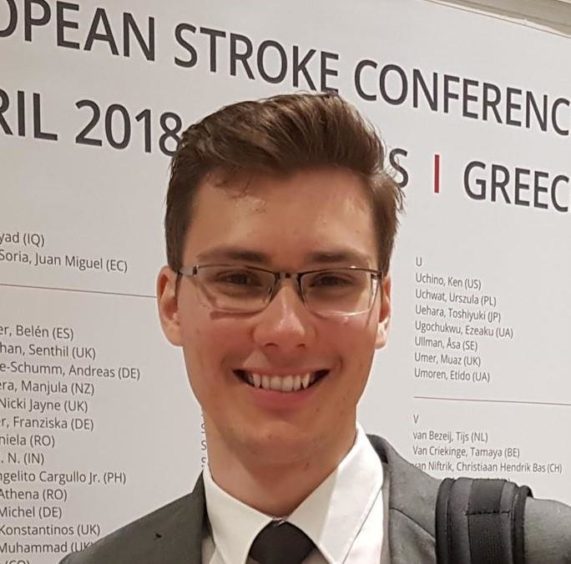A new study at Aberdeen University has suggested international travel had the biggest impact on death rates during the first wave of Coronavirus.
Research led by academics at the Granite City institution found an increase of a million international arrivals was associated with a 3.4% spike in mean daily Covid deaths.
Findings come after a dedicated team of professors, academics and scholarship students examined a range of factors including border arrivals, population density, the percentage of people living in urban areas and many others – which were then compared with the mortality rates across 37 of the worst hit countries.
Lead author and the director of the Aberdeen clinical academic training scheme, Professor Phyo Myint, said: “Countries with particularly good health care facilities were recording more deaths, this is hypothetical as research has limitations but countries that shut down their borders have done really well, which indirectly supports our findings.
“The research is quite timely with current restrictions and news of new strains, when we look at this work we can also see the effect of public health measures.”
Focusing on the early stages of the pandemic, the team used international travel data from 2018 as a proxy for 2020 data before international travel restrictions were imposed.
Now, discovery of the new South Africa strain of the disease has led to the announcement of new travel restrictions.
People flying into the UK, Ireland, the Channel Islands or the Isle of Man will have to isolate at home for a period of 10 days and provide a negative coronavirus test result before they can travel.
Also being introduced as a direct result of the mutant strain is a hotel isolation system, resulting in the quarantine of arrivals from certain countries.
This has been met with opposition from other political parties calling on the UK Government to go further and introduce a hotel quarantine system for all those flying into the country, with the hopes of cracking down on any new strains.
With the First Minister, Nicola Sturgeon saying earlier this week that current measures are “too reactive” adding her voice to other critics of the current restrictions.
One of the study’s authors and final year medical student, Tiberiu Pana, said: “The initial spread of the virus in early 2020 appeared to affect different countries unequally, with the United Kingdom and other western European countries being especially affected.
“We found that international travel was the strongest predictor of mortality increase.
“Another factor which appeared to play an important role was country-level BCG vaccination coverage, increases in which may be associated with decreases in death rates.”
Assessment of the data has led academics at the university to suggest that early restrictions on international travel may have made a difference on the spread of the virus across Europe.
They hope their findings can be utilised in the future as a means of controlling future waves and strains, while minimising Covid related deaths.
Supervised by Professor Myint and Dr Sohinee Bhattacharya the study was supported by both Aberdeen University and the Aberdeen Clinical Academic Training Scheme.
Professor Myint added: “I am very proud of everyone involved, this research wouldn’t be here today without the hard work that everyone had put in throughout last year.”

